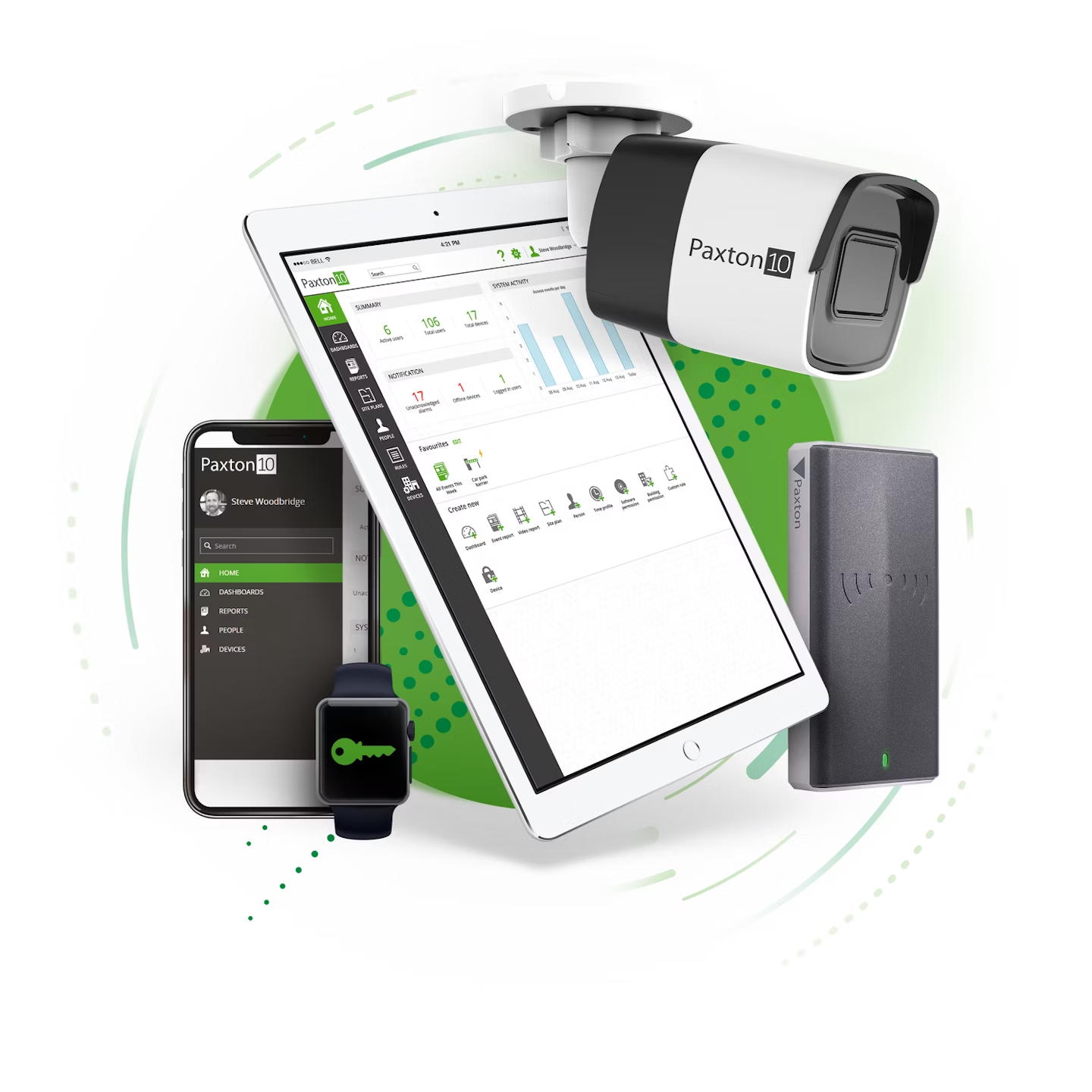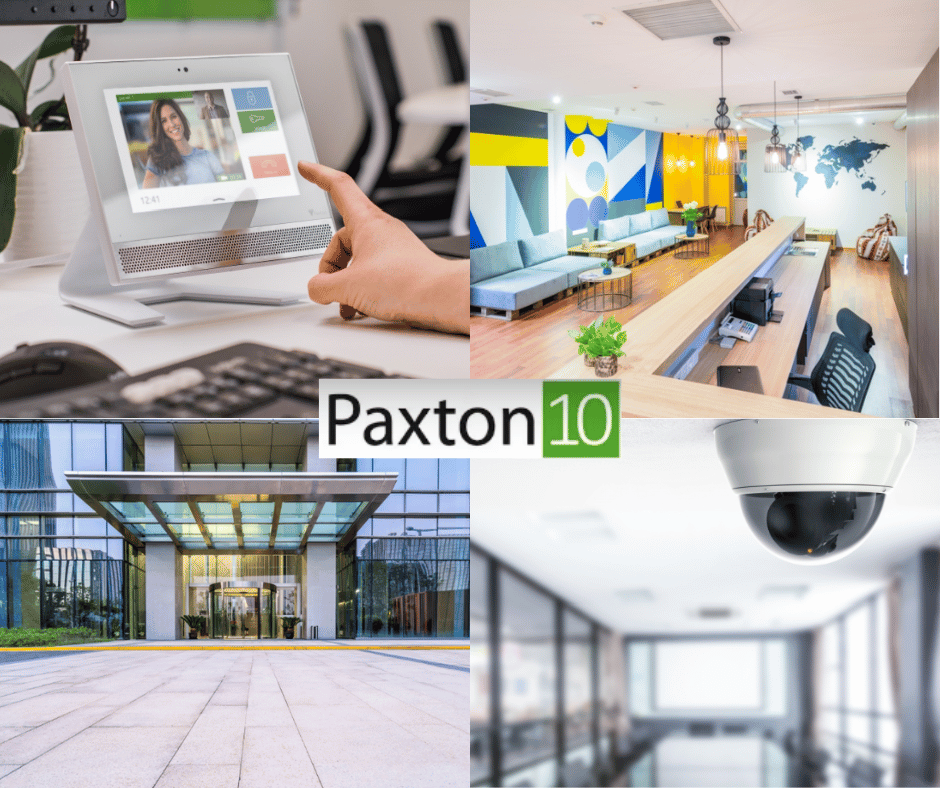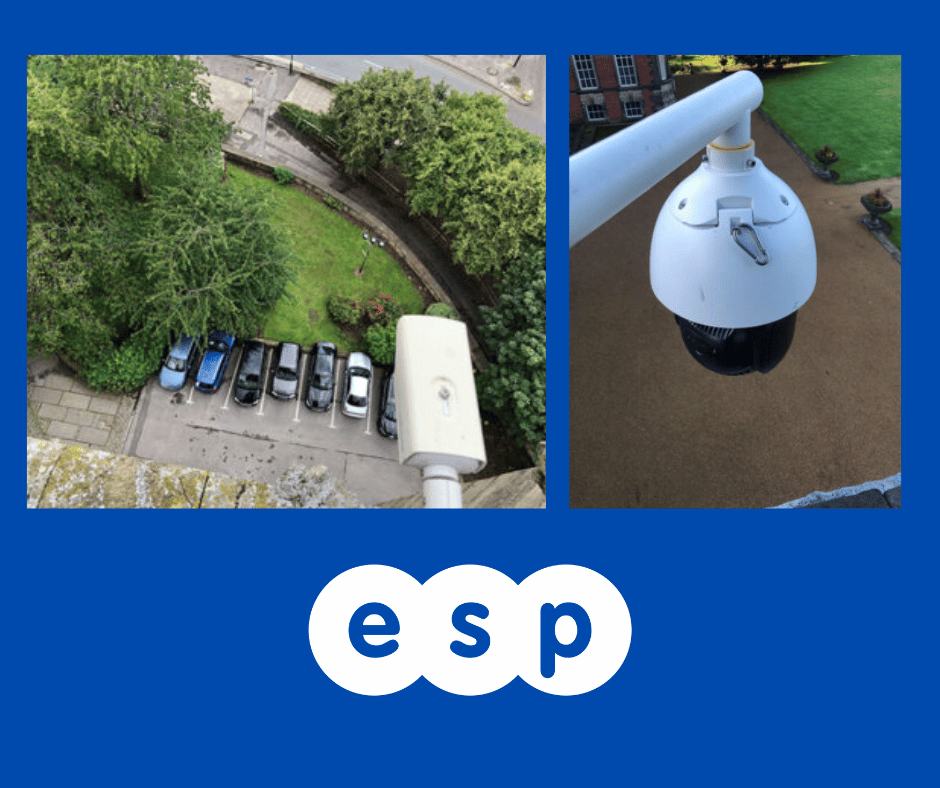CCTV Legal Requirements Explained
When it comes to installing CCTV cameras in the UK, there is a lot to think about, especially with recent updates to data protection. It can be easy to make a mistake and incorrectly install CCTV without following the right steps. Luckily, there is a lot of information that is widely available about CCTV legal requirements both for commercial and domestic use. With more and more places looking into installing CCTV, from homes to workplaces to schools and beyond, it is important to know the legality and legislation around installing CCTV.
CCTV Legal Requirements: What You Need to Know
In this comprehensive guide, we will be covering some key areas of CCTV, its legality, and regulations for both commercial and domestic use. Here’s a summary of what we will cover:
- Legality of Installing CCTV
- Laws & Regulations of Domestic CCTV
- Laws & Regulations of Commercial CCTV
- CCTV and Data Protection Laws
- Installing CCTV Legally
- Responsible CCTV Usage
Let’s dive into each of these areas to get a better understanding of CCTV legal requirements in the UK.
Do You Need Permission to Install CCTV?
There is a lot of misinformation about installing CCTV, and people are often confused about the logistics and legality of CCTV systems. In the UK, every country has its own laws and regulations surrounding CCTV and its installation. In this section, we will briefly cover the permission required for both domestic and commercial CCTV.
Domestic CCTV:
- As a rule of thumb, you do not need permission to install domestic CCTV when you are the property owner.
- If you are renting, you need to get permission from the owner or landlord, preferably in writing.
- If your property is listed, you will require consent to install CCTV, and wireless cameras may be necessary to preserve the building’s integrity.
Commercial CCTV:
- Commercial property CCTV installation requires paperwork to be filled out, and the Information Commissioner’s Office (ICO) must be informed.
- You do not specifically require permission for commercial CCTV, but you need to inform the ICO of your intent to deploy CCTV within your business.
- A Privacy Impact Assessment document must be created.
What is CCTV Actually Defined As?
Contrary to popular belief, a CCTV system is not just the cameras. It includes the cameras, storage devices (Digital Video Recorder or Network Video Recorder), recordings, and any other components involved in capturing video and/or audio. Even a doorbell camera is technically a CCTV device as it captures video and audio, albeit triggered by the subject’s actions, such as ringing the doorbell.
Home CCTV Laws and Regulations
When it comes to home CCTV installation, there are guidelines and rules issued by the ‘Biometrics and Surveillance Camera Commissioner.’ Here’s a summary of key points for domestic CCTV usage:
- You must have a valid reason for installing CCTV at your home, such as security concerns.
- Visible signage indicating surveillance is in place is necessary.
- Recording conversations between members of the public is not allowed.
- Accurate date and time stamps on recordings are crucial.
- Recordings should only be kept for a reasonable period, typically around 30 days.
- Avoid recording your neighbour’s property without their consent.
Commercial Property CCTV Laws and Regulations
While businesses commonly use CCTV technology, it is subject to strict rules and regulations. Here are key points for commercial property CCTV:
- Do not install CCTV cameras in places where privacy is expected, such as toilets and changing rooms.
- Assign one person responsibility for handling recordings and limit access to the footage.
- Register as a CCTV operator with the Information Commissioner’s Office (ICO) and specify your intentions.
- Keep recordings for a reasonable duration, typically 30 days.
- Create a disclosure policy and restrict staff access.
- Ensure time and date stamps are accurate.
- Do not record private conversations.
- Use appropriate signage indicating CCTV operation.
- Educate your staff about policies and procedures.
- Assign one person to handle questions, comments, and complaints about the CCTV system.
- Conduct regular audits of your CCTV system and publish findings.
Is CCTV Covered Under Data Protection Laws?
Recent changes in data protection laws in the UK and Europe highlight the importance of understanding how these laws affect your CCTV system.
Commercial Property CCTV & Data Protection:
Yes, commercial property CCTV systems are covered by data protection laws, specifically the Data Protection Act (DPA). It’s essential to understand the DPA, notify the ICO, and conduct research on rules and requirements before installing security cameras.
Home CCTV & Data Protection:
Home CCTV systems are also subject to data protection laws, though not as strict as commercial deployments. While a Data Privacy Impact Assessment is not required for domestic CCTV, understanding data privacy and minimizing non-consensual recordings is recommended.
6 Factors For A Compliant CCTV Installation
Having a compliant CCTV setup is crucial to avoid legal trouble. Here are six key factors to consider for a compliant and ethically sound CCTV installation:
- Upholding People’s Privacy and Rights: Gain consent for surveillance, avoid private areas, and minimize the impact on neighbours’ privacy.
- Determine the Type of CCTV Camera You Need: Choose cameras carefully, considering whether to capture both audio and video.
- Fill in Your Paperwork: Create a document outlining the reasons for installing CCTV and assess its impact on privacy.
- Make Sure Your Policies are Updated: Update security policies and documents to reflect the presence of CCTV.
- Install Your Cameras Correctly: Ensure cameras cover only necessary areas and display appropriate signage.
- Remain Compliant: Continuously follow regulations, including data retention and deletion.
When can I hand over CCTV footage?
Knowing when it’s appropriate and legal to hand over CCTV footage is crucial. Valid reasons for disclosing footage include police investigations, legal proceedings, insurance purposes, and subject access requests. Individuals accessing footage should not involve third parties, and organizations must adhere to data protection laws.
Using CCTV Cameras Responsibly
By now, you have a better understanding of installing CCTV systems in the UK, whether for domestic or commercial use. Following the steps for installation is one thing, but using CCTV responsibly is equally vital. Failing to adhere to rules and regulations can result in hefty fines, especially in commercial settings, which can reach up to half a million pounds. It’s not something to take lightly.
Summary
In conclusion, understanding and complying with CCTV legal requirements are essential for both the security of your property and the protection of individuals’ privacy rights. Whether you’re a homeowner or a business owner, responsible CCTV usage is not only a legal obligation but also an ethical responsibility. Let us help you in understanding your requirements – Book a chat with one of our friendly team and lets discuss further!






